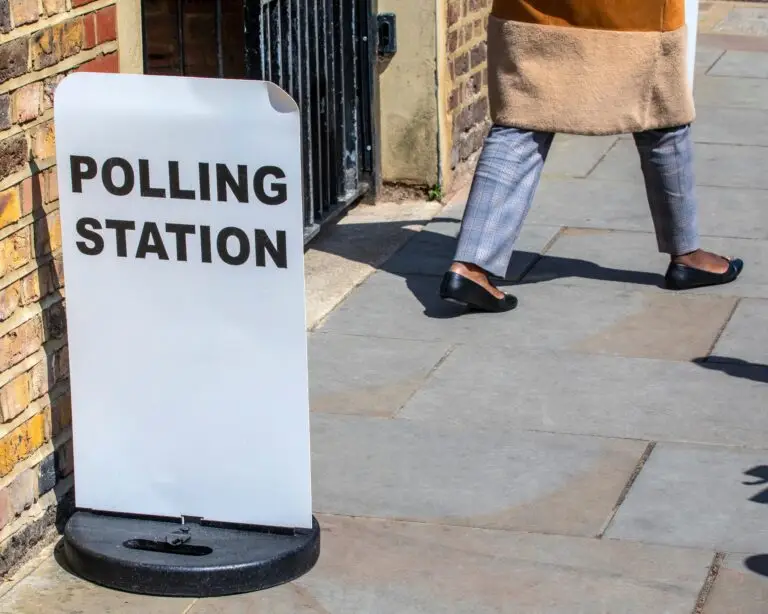Mr Dorrell is perhaps best known from his time as Secretary of State for Health at the end of John Major’s premiership, and it’s certainly not surprising that someone with experience of running the health service should weigh into the debate.
However, it has not been in his past role as Health Secretary but rather in his current role as Chair of the House of Commons Health Select Committee that Mr Dorrell has been such an active commentator.
Similarly, Conservative MP for Chichester, Andrew Tyrie, has been very visible in the media whenever the Coalition Government’s austerity measures and the ongoing saga of banking reform are discussed. And once again, it has been in his capacity as Chair of a Commons Select Committee (in this case, the Treasury Committee) that Mr Tyrie has been appearing in print and on the airwaves (even though he previously served as a Treasury adviser to Nigel Lawson and John Major when they were Chancellors of the Exchequer).
Why is any of this noteworthy? Well, thinking back to any of Gordon Brown’s Budgets or New Labour’s NHS reforms, it seems hard to recall the relevant Select Committee Chairs being so prominent in the policy debate. And it’s this point that underlines the impact of the change made in 2010 when the Commons started to elect Select Committee Chairs for the first time (rather than them being agreed behind closed doors with a lot of influence from the Whips).
Indeed, Mr Tyrie remarked to BBC Radio when standing for election to the Chair of his Committee that he thought the change was a “transformational moment” and that as the chamber of the House of Commons had “totally failed to hold governments to account” it had to be Select Committees that did the job.
Whether transformational or not, the result of this change has undoubtedly opened up a new career route for MPs. Many aspiring parliamentarians, rather than trying to catch Number 10’s eye and get a foot on the ministerial ladder, now see holding the Chair of a Select Committee as a way of establishing their profile and having a real influence on the policy process.
So the lesson for those seeking to engage with Parliament is to ignore the Select Committees at your peril, as even if your representations to ministers fall on deaf ears, you might just find that a well-timed and well-written briefing to a committee ends up being echoed on the Today programme.



